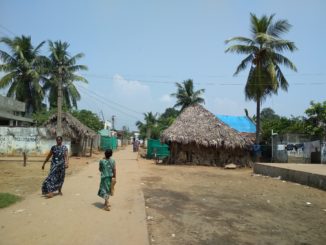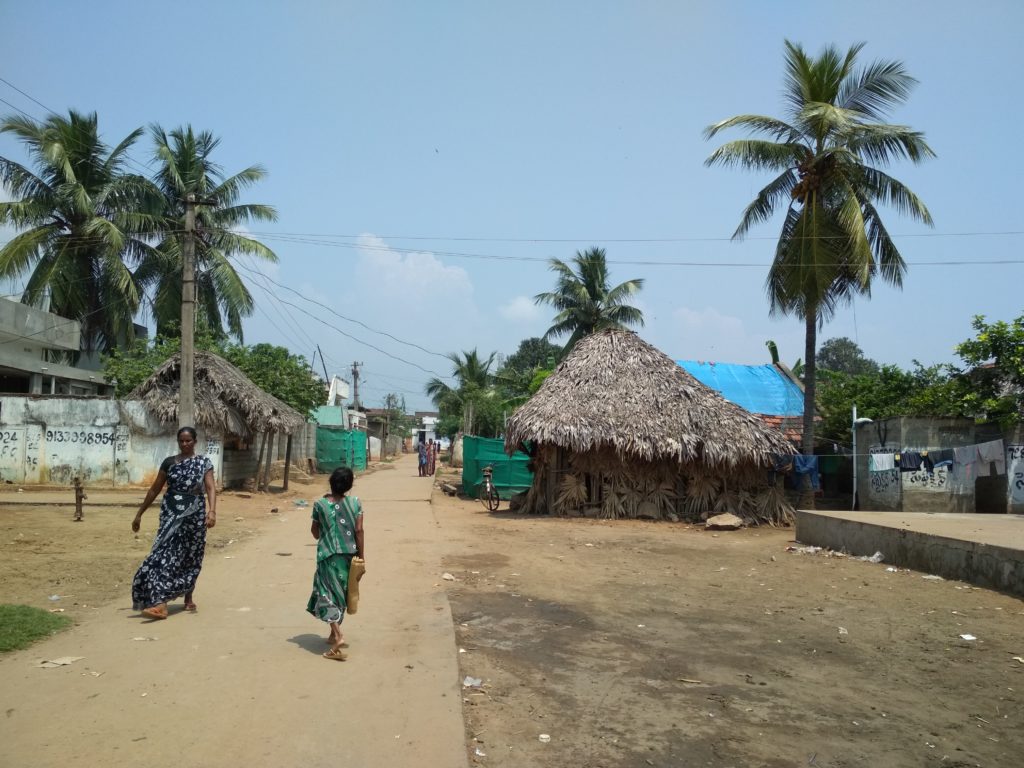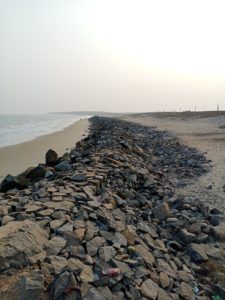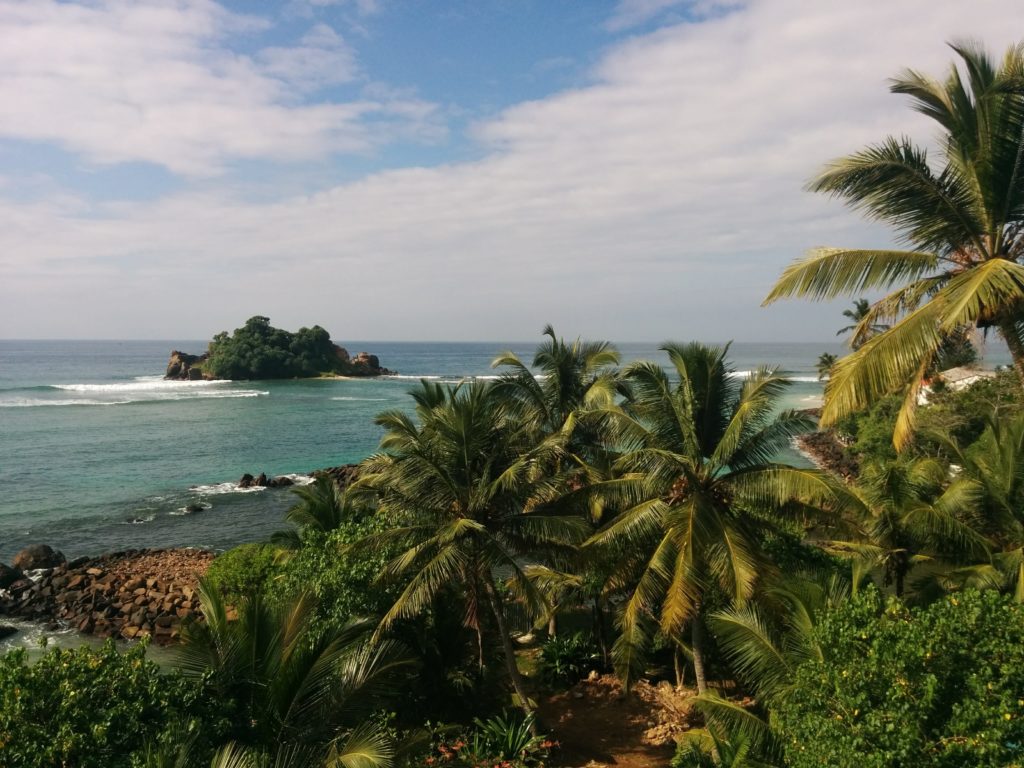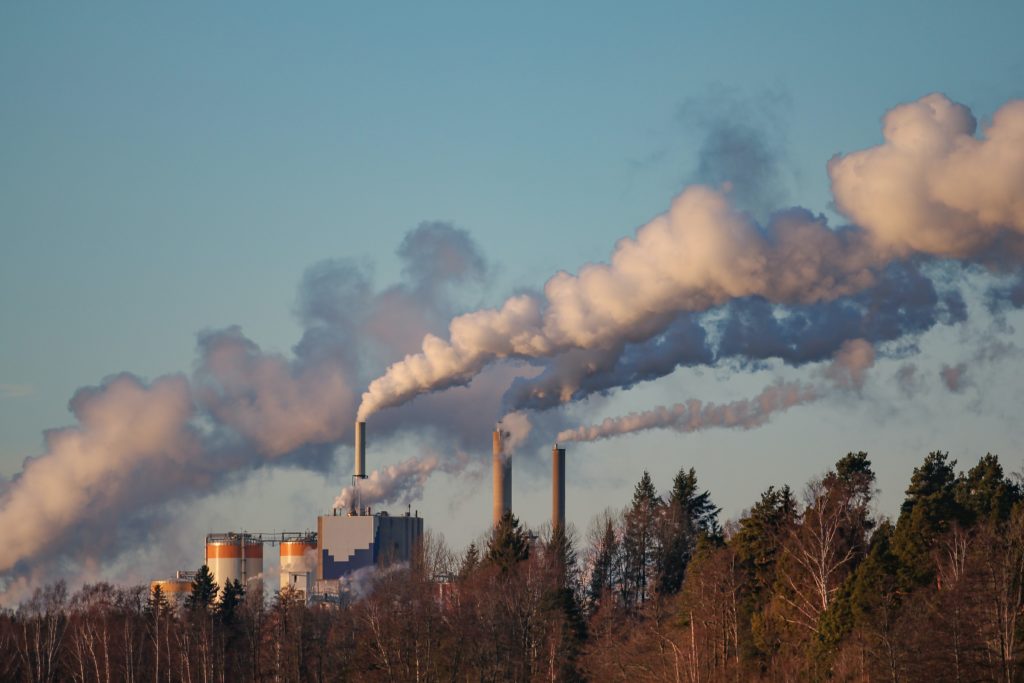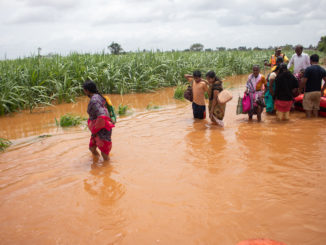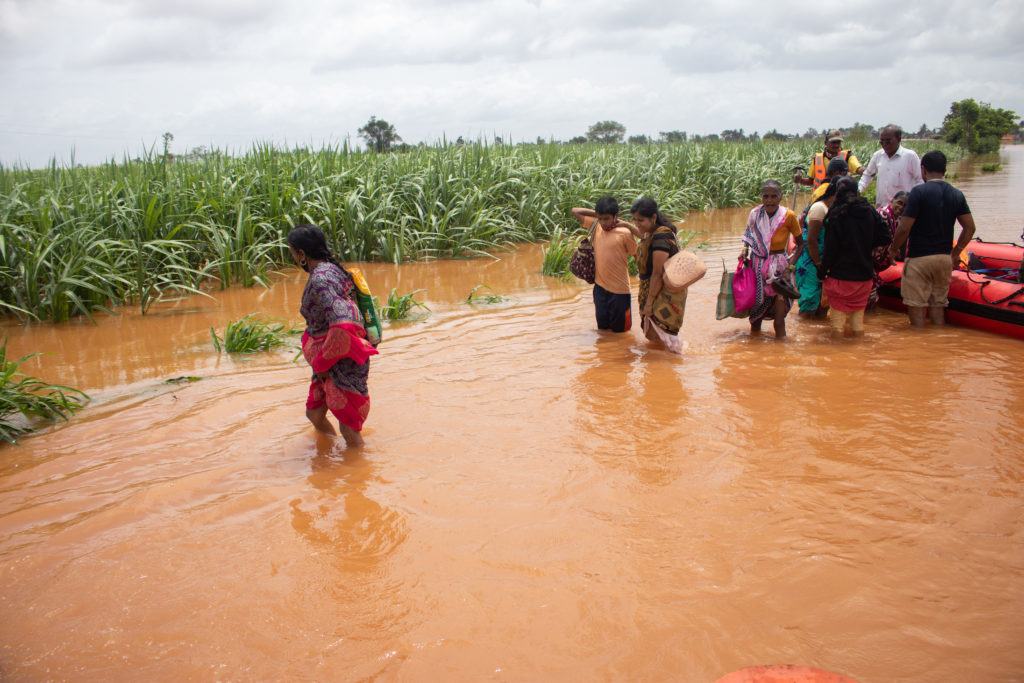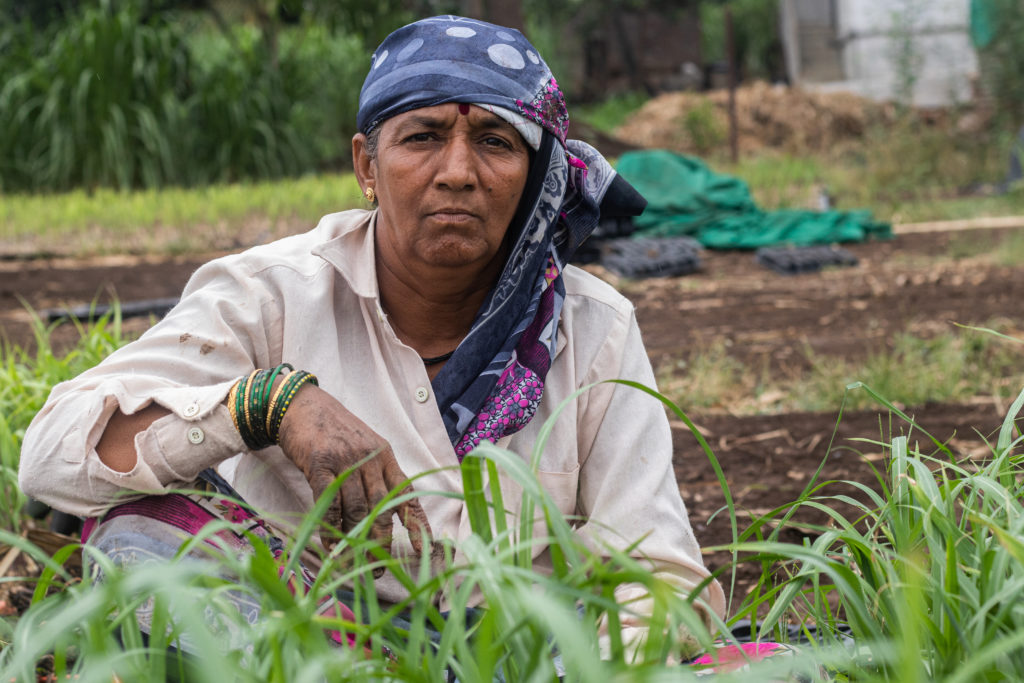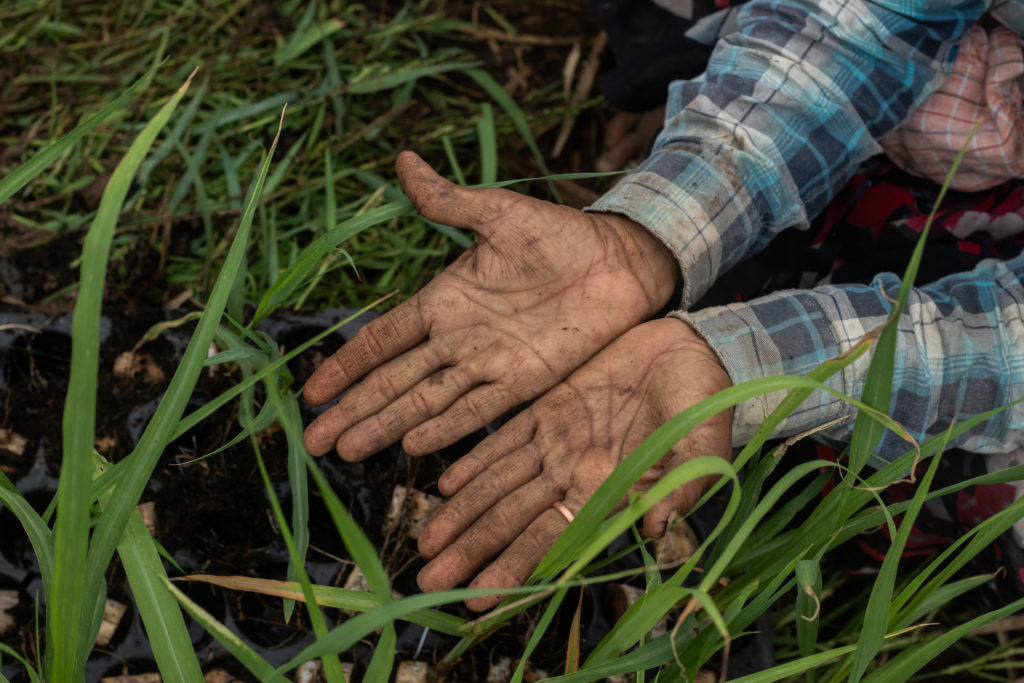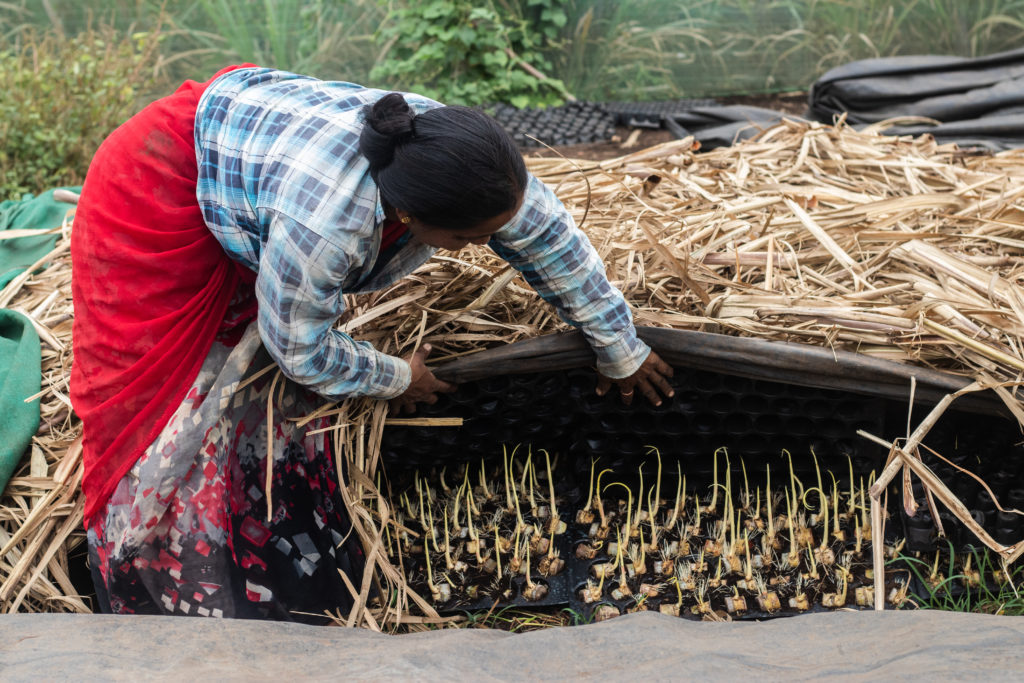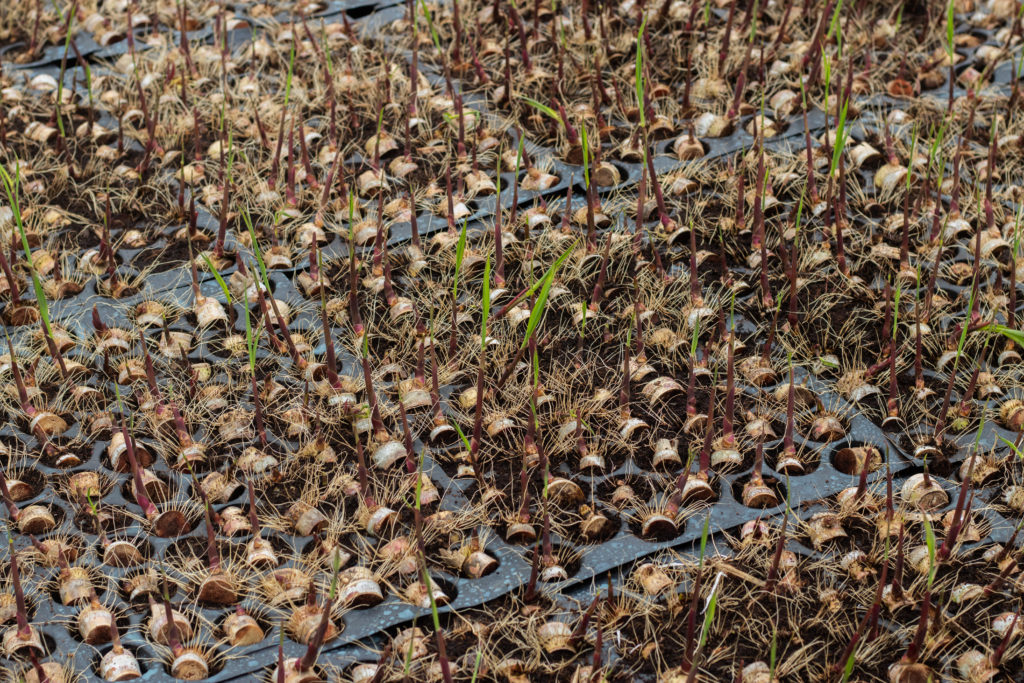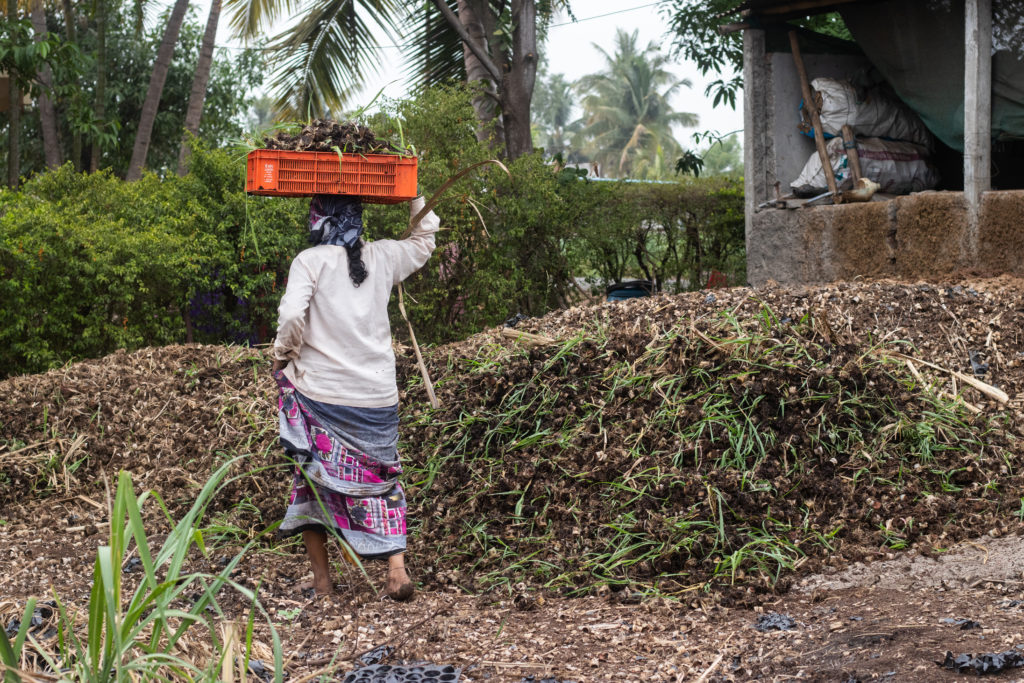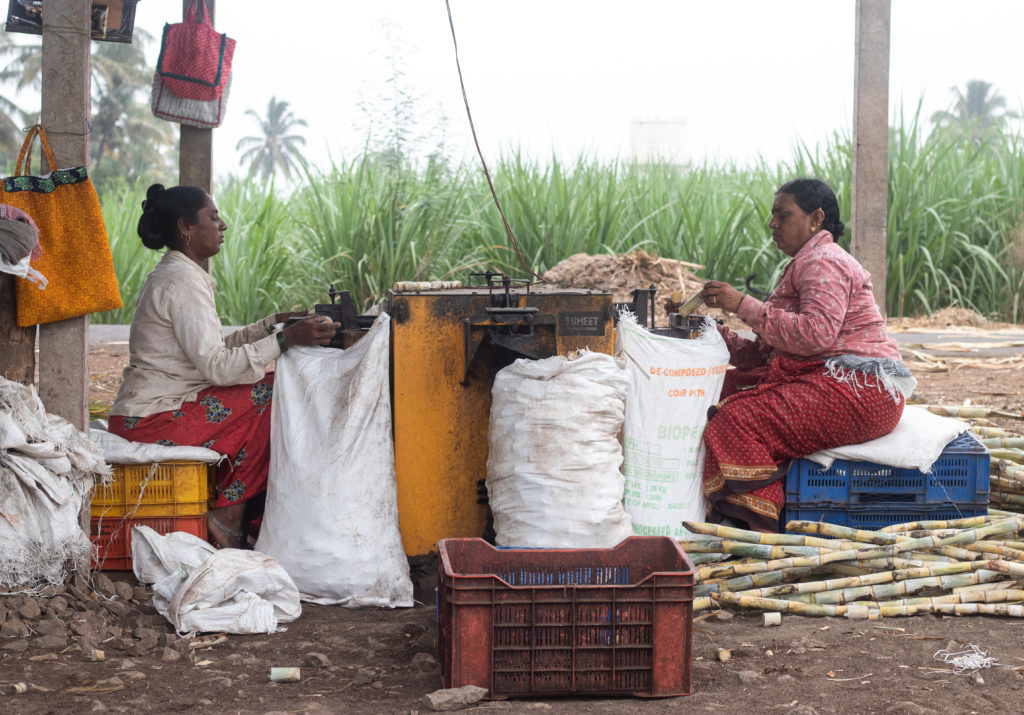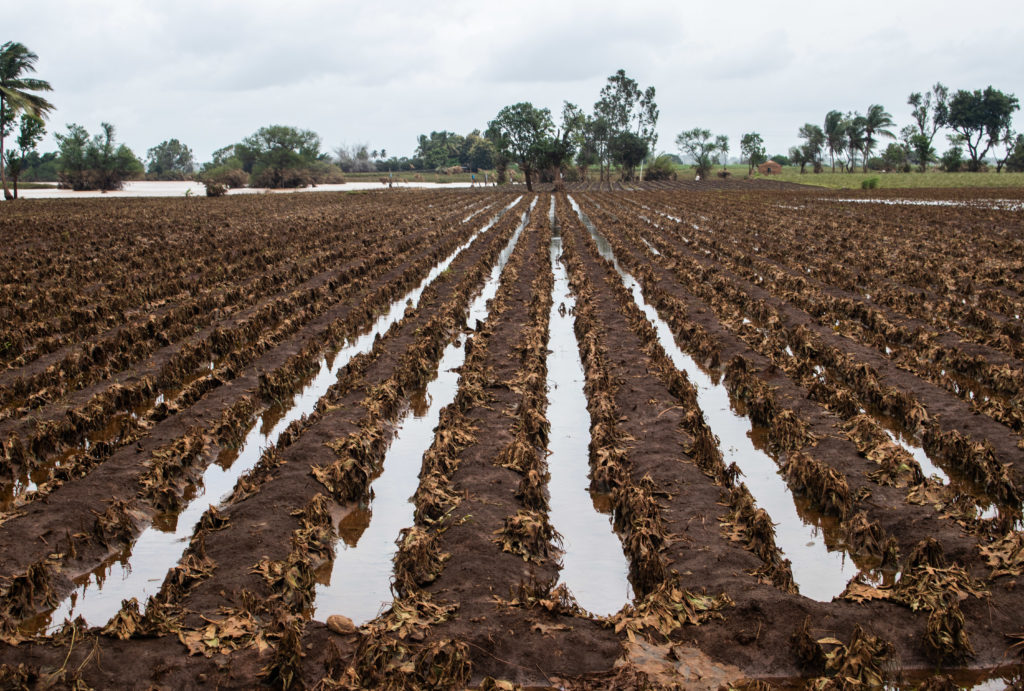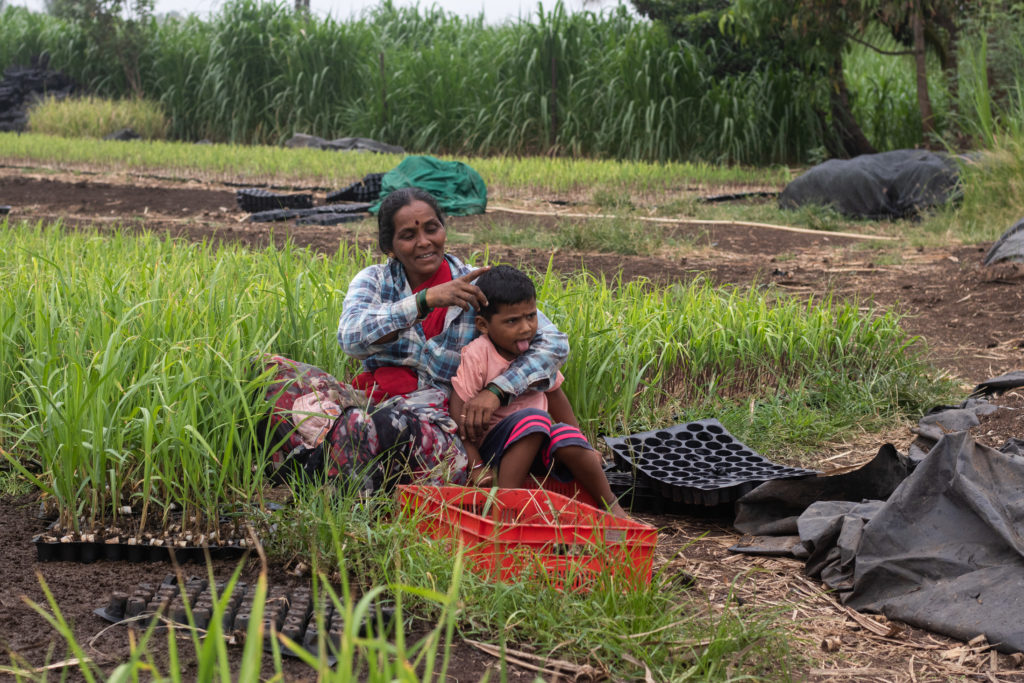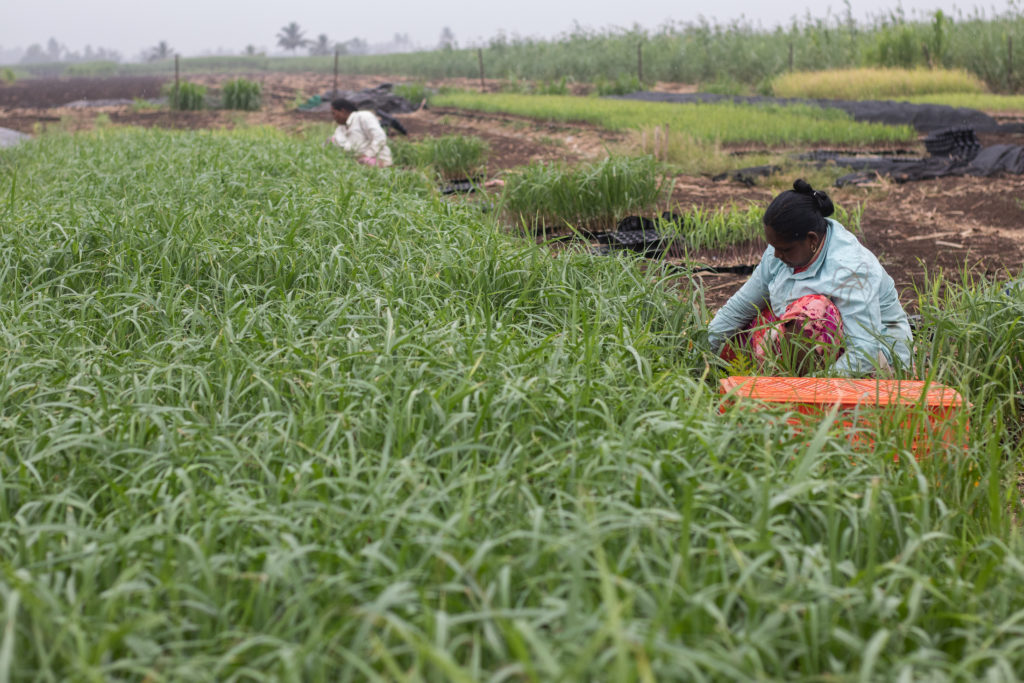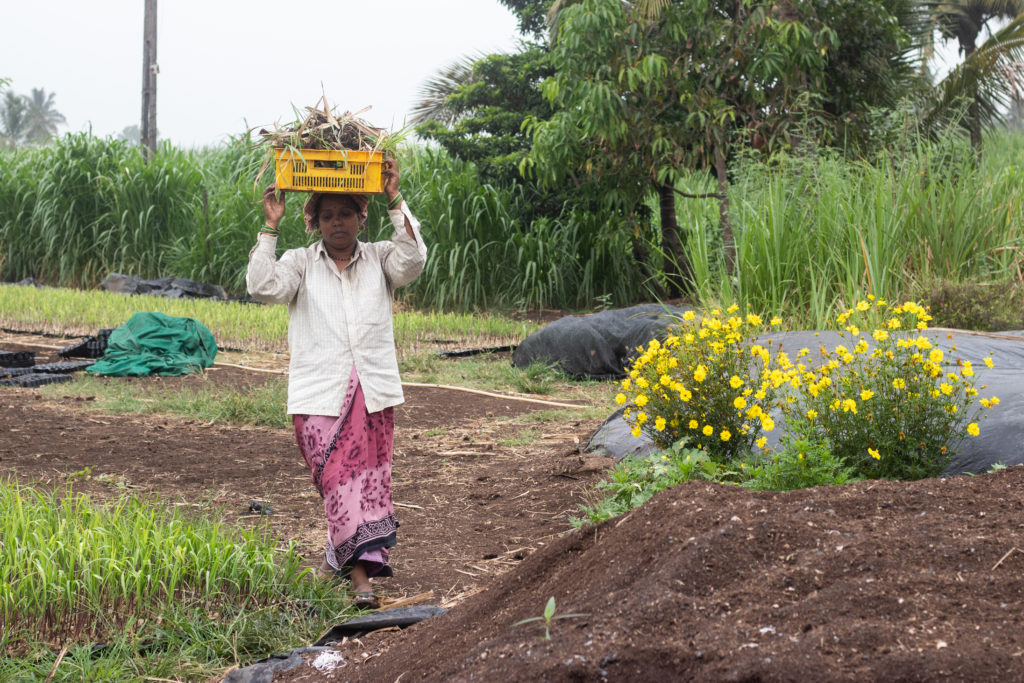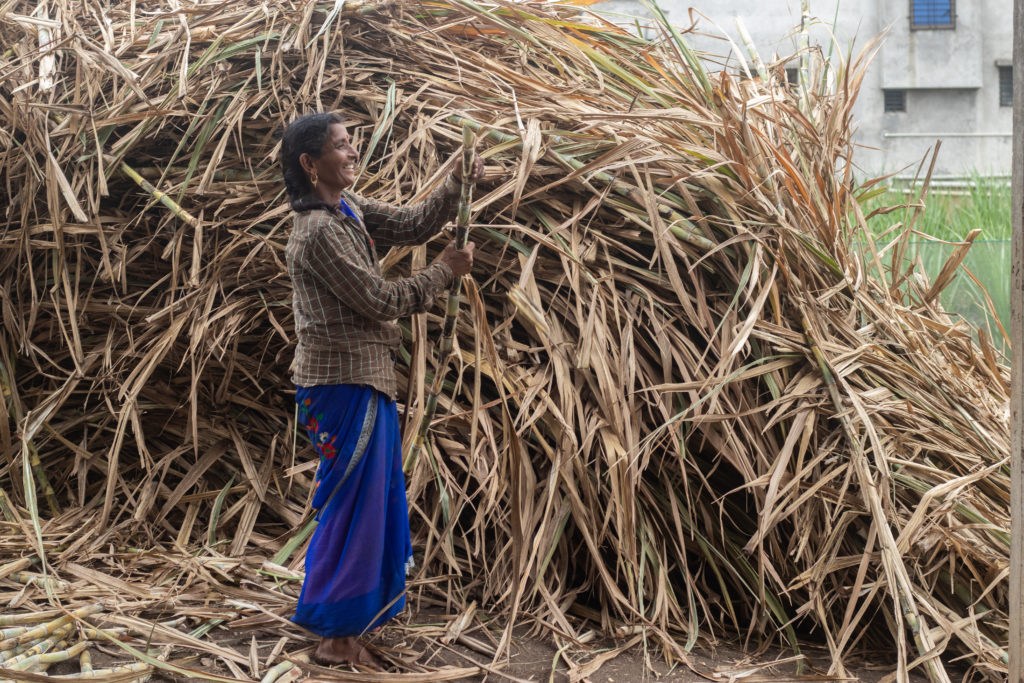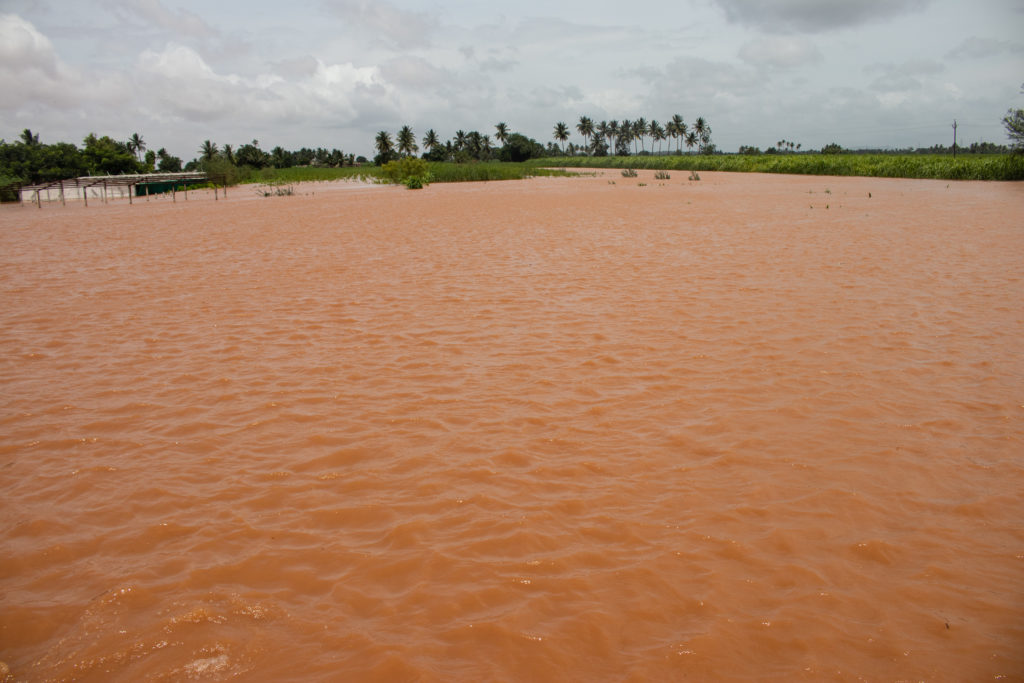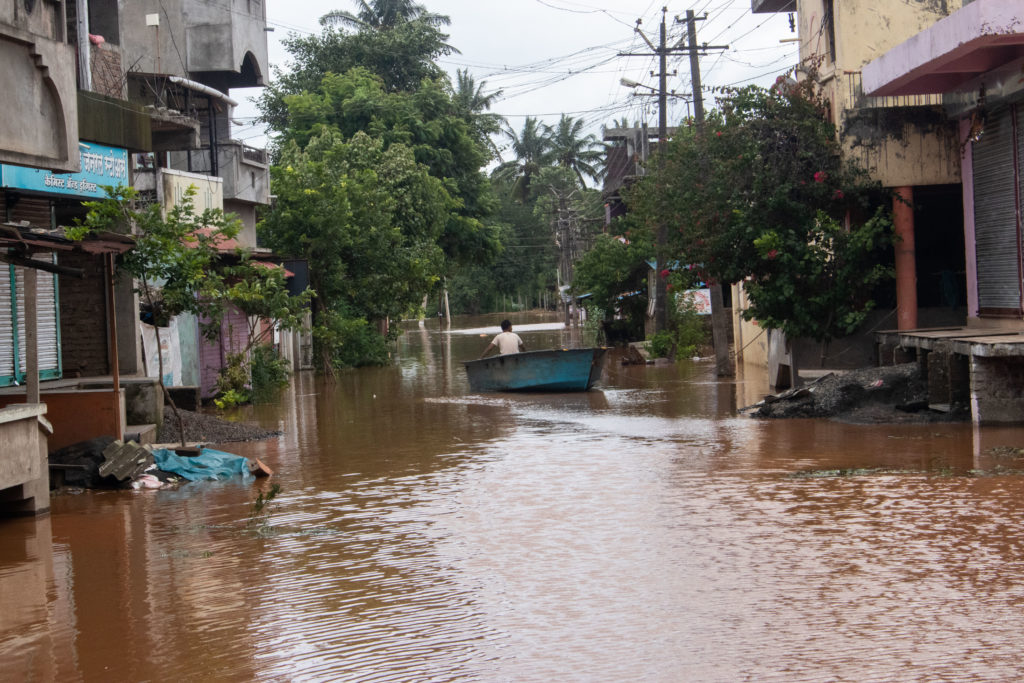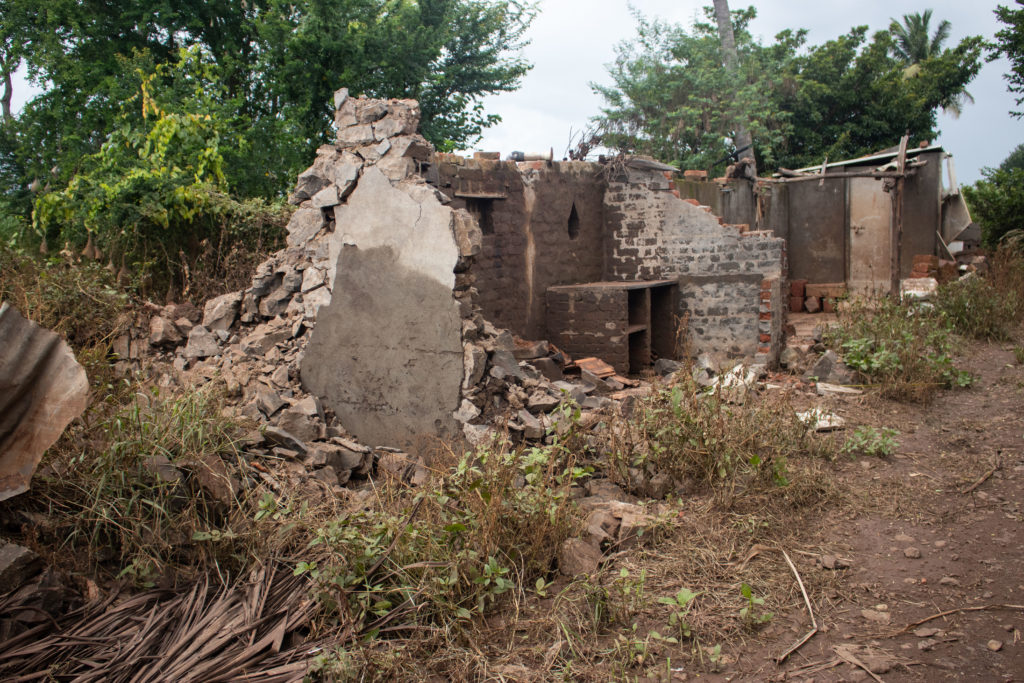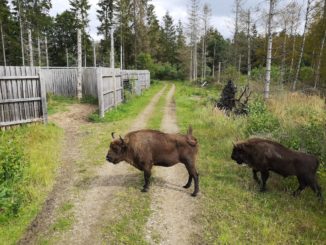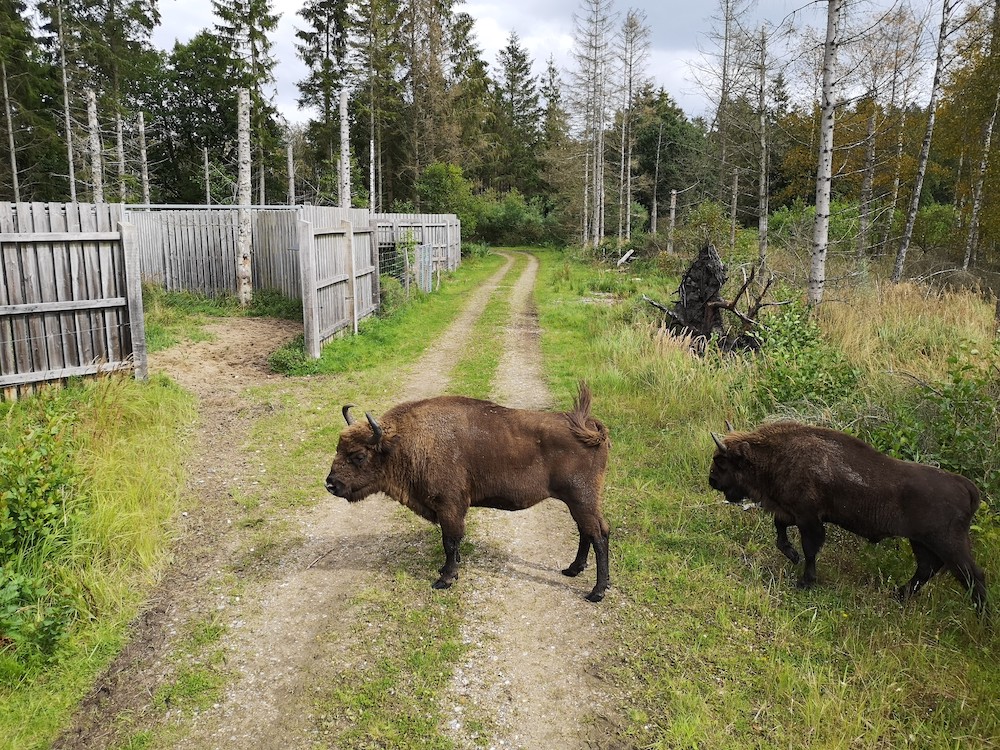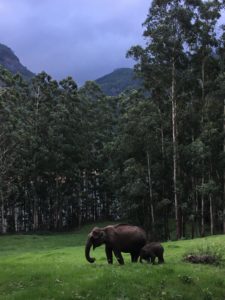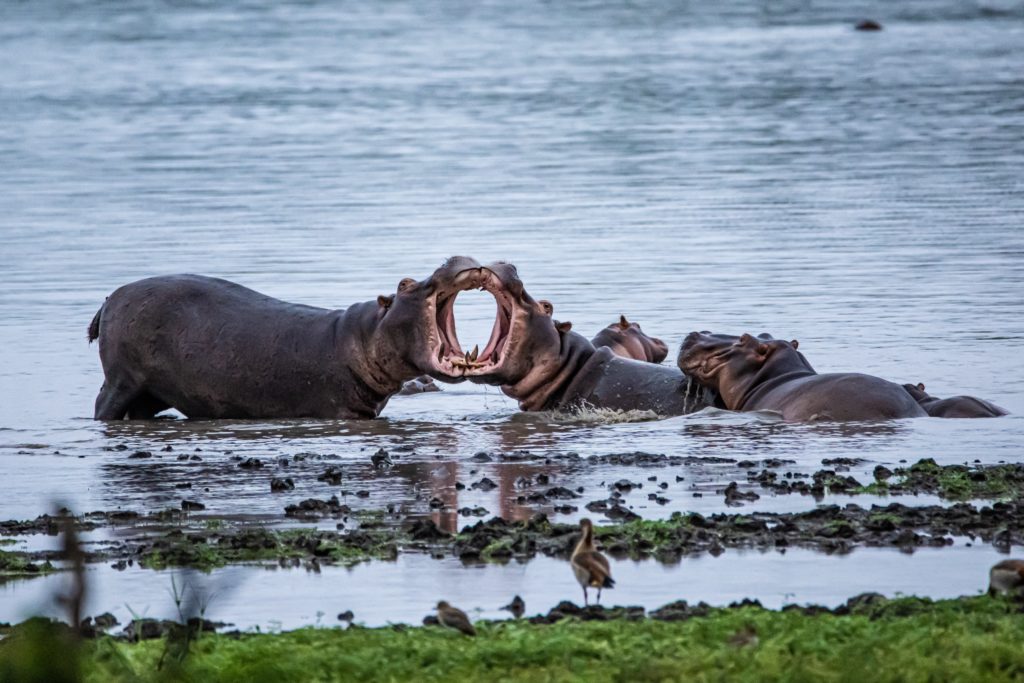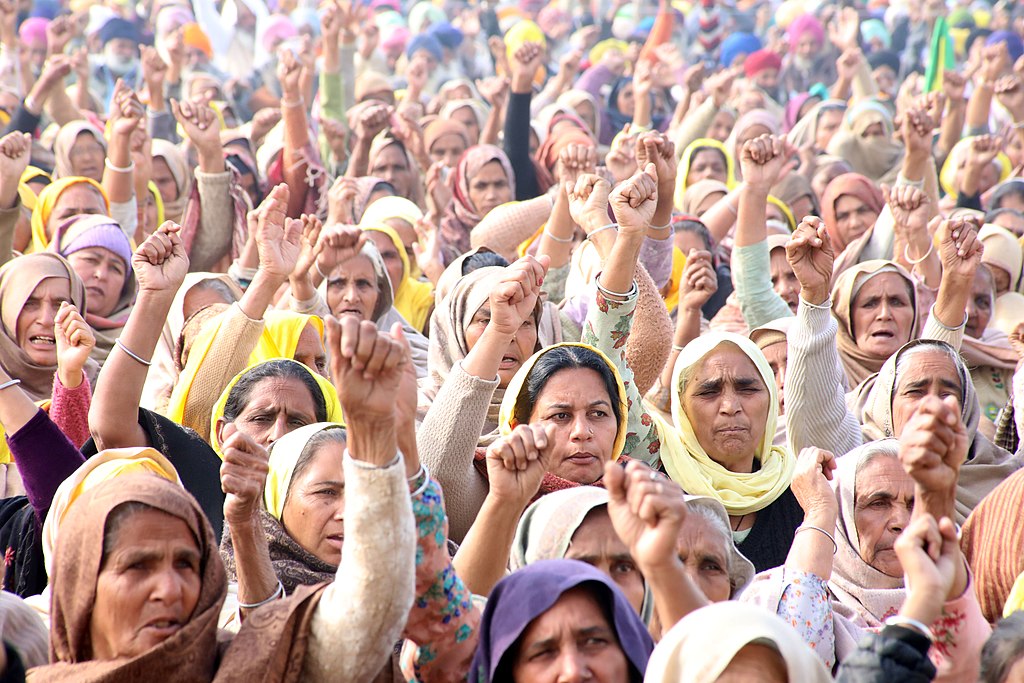
Aakash Hassan, a 25-year-old independent journalist from the conflict-torn Indian administered Kashmir region, was slated to travel to Sri Lanka for a reporting assignment earlier this year. As Hassan was about to board a flight at New Delhi’s Indira Gandhi International Airport, Indian immigration authorities stopped him. Hassan was provided no reason for the travel ban. However, his boarding pass was stamped with a message: “Stopped without prejudice.”
Although Indian authorities maintain silence about their decision, Akash is sure of what led to this: “It is because of the kind of journalism I practice.”
Arbitrary travel bans against journalists and activists critical of the ruling Hindu nationalist Bharatiya Janata Party (BJP) are trending in India. This is particularly the case for journalists from the disputed Himalayan region of Kashmir. The BJP-led government revoked in 2019 the Muslim-majority Kashmir territory’s autonomous status, resulting in the arrest of activists, academics and journalists.
However, the Indian government has provided no explanation for recent travel bans. Meanwhile, immigration officials have yet to respond to this reporter’s inquiries. Plus, not a single journalist this reporter is acquainted with has been able to obtain the government’s comment on this issue.
“I don’t know what kind of crime I have committed, for which there is a travel ban on me. Stopping us [journalists] from traveling is not only an attack on our personal liberty, but also [on] our fundamental rights,” Hassan told Toward Freedom. “The government should at least provide a reason as to why our freedom to travel is curtailed.”
BJP-Led India’s Flight Bans
Hassan’s is not an isolated case.
Last month, journalist Sanna Irshad Mattoo was also barred from flying to the United States to receive a prestigious award. She had won the 2022 Pulitzer Prize for feature photography for documenting the impact of the COVID-19 pandemic in India. This was the second time in six months she was not allowed to travel outside the country.
In a similar vein, Aakar Patel, a vocal critic of India’s current right-wing regime who once led Amnesty International’s work in the country, was stopped from flying to the United States in April.
Experts based out of the region say that the Indian government is getting increasingly intolerant towards its criticism and dissenting voices are being crushed through intimidation, arbitrary detentions and now travel bans.
“In today’s India, which, if you’re not a propagandist, then you risk being arrested or banned. You risk your funding or sources being cut off,” Kavita Krishnan, a prominent human rights activist and an opposition voice based in India, told Toward Freedom.
Shrinking Freedoms
Punitive actions against critics and journalists have led India to slide down all the major human-rights and freedom indices in the past few years.
Reporters Without Borders (RSF)’s latest “World Press Freedom Rankings” rated India 150th on a list of 180 countries, slipping eight positions since last year.
“The violence against journalists, the politically partisan media and the concentration of media ownership all demonstrate that press freedom is in crisis in ‘the world’s largest democracy,’” RSF noted in its report.
India also ranked 119th out of 165 jurisdictions in the 2021 Human Freedom Index. Its “media self-censorship” score was 3.2 out of 10.
Plus, with a score of 66, the country was listed as “partly free” by the Freedom House’s Global Freedom Score.
The Freedom House mentioned in its report:
“Authorities have used security, defamation, sedition, and hate speech laws, as well as contempt-of-court charges, to quiet critical voices in the media. Hindu nationalist campaigns aimed at discouraging forms of expression deemed ‘anti-national’ have exacerbated self-censorship.”
“The problem with this regime is that they consider that universal standards of democracy, human rights, press freedom don’t apply to them,” Krishnan added.
“They don’t care about violating the rights of people, as they believe themselves to be invincible.”
Intimidation, Arrests and Harassment
For Jenni Rowena, the wife of 55-year-old professor Hany Babu, life has turned miserable ever since his arrest in July 2020. For more than two years, Babu—a vocal BJP critic—has been denied bail, as the Indian government, along with several other prominent academics and activists, have accused him of conspiring against the country and plotting the assassination of Prime Minister Narendra Modi.
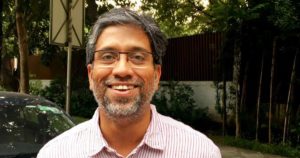
“Everyone knows Babu’s political position. He has been a scholar working for the marginalized and minorities. They are targeting him for his work. You’re not supposed to do anything that questions the government or society or any institution,” Rowena told Toward Freedom. “Cases against him have been fabricated, so as to prolong his trials and keep him in prison.”
Pawan Khera, the national spokesperson of India’s main opposition party, the Indian National Congress, said the country seems to be under an “undeclared” emergency.
“Forget dissent, even questioning the government for its mistakes can land you in trouble,” Khera said in an exclusive interview with Toward Freedom. “This government is known to be misusing [central] agencies whenever anybody goes against them.”
India had officially declared a 21-month period of emergency in 1975, leading to the suspension of civil liberties and media censorship.
“You can see the reflections of the emergency period,” said Shabnam Hashmi, a veteran human-rights activist, “but, even then, there was not so much hatred in India and people of this country were united. See, they all came together—forgetting about their differences with each other—and fought. But, now, the people are polarized.”
Journalists Self-Censor
Quratulain Rehbar, a freelance journalist who has critically reported about the Indian government’s policies from the Kashmir valley, said it is almost impossible to publish stories that don’t toe the state narrative.
“I have been subjected to various forms of harassment by authorities and security forces,” Rehbar told Toward Freedom. Many of her colleagues from the region—like Sajid Gul, Fahad Shah and Aasif Sultan—languish in jails across the country under criminal and terrorism charges because the government recently invoked draconian anti-terrorism laws against journalists and activists. For example, the 1967 Unlawful Activities (Prevention) Act lets the government detain a person for several months without bail.
“In such an atmosphere, I had to take a stand to not write too [many] critical pieces against the government because that would easily put me in trouble,” Rehbar said in a dejected tone. “Now, I am [censoring] myself, like many other colleagues.”
Activists like Hashmi assert India is moving toward “total fascism.”
“But if this government is not defeated, then we could be seeing times like in Afghanistan, Pakistan or in Nazi Germany,” said Hashmi, who is based out of New Delhi. “Almost everything and every institution is penetrated by extreme right-wing ideologues, who do not believe in democracy. So, the future seems very dark for the country.”
Hanan Zaffar is documentary filmmaker and journalist based in South Asia. His work has appeared in Al Jazeera, DW News, Channel 4, Business Insider, TRT World, Newsweek, Newlines Magazine and other media publications. Find him on Twitter at @HananZaffar.
Jyoti Thakur is an independent journalist based in New Delhi. She covers the environment and human rights.

